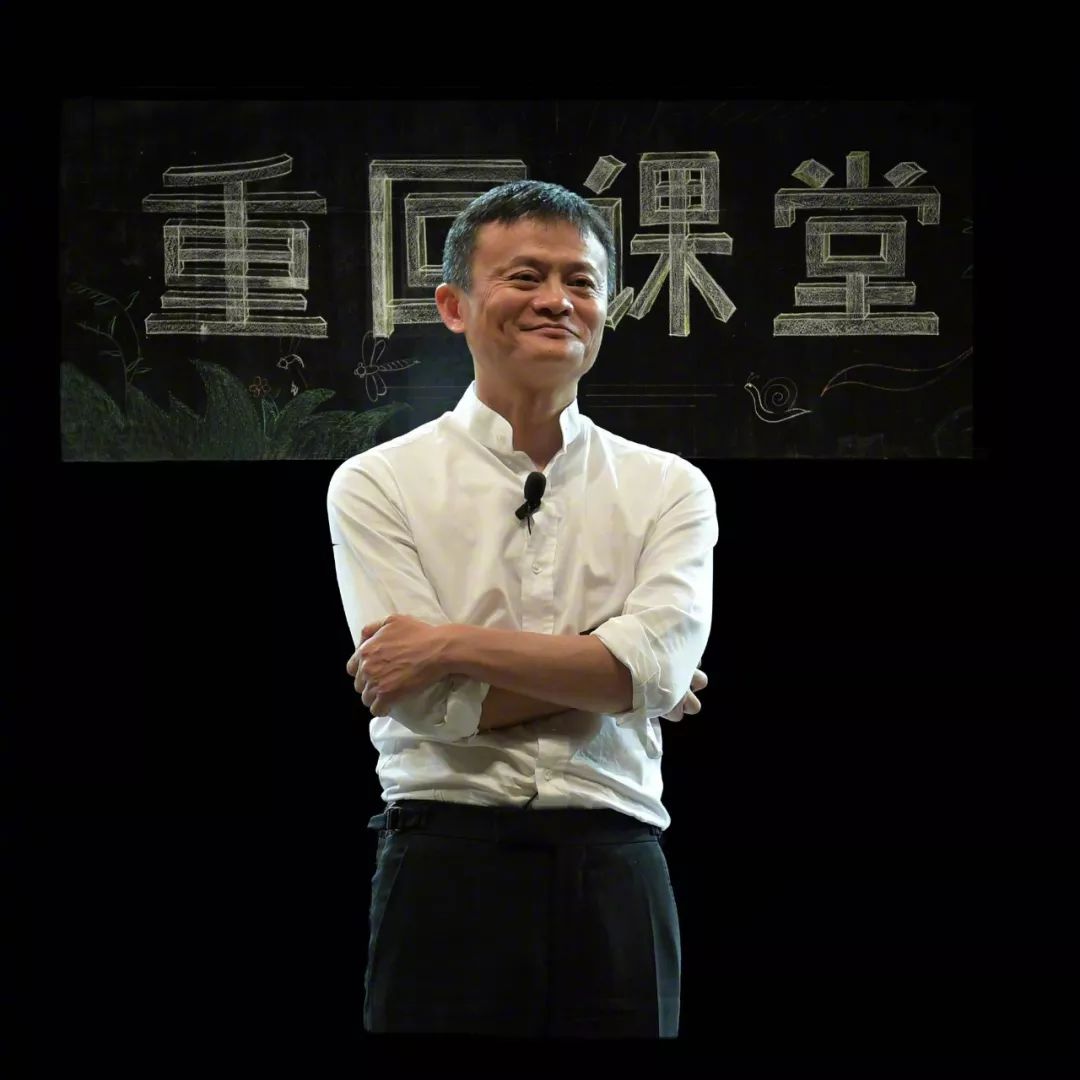Product-sales-culture looks like a gradual deepening solution, but whether it will be useful in the end and whether there are other solutions will be left to observe.
Editor’s note: This article is from WeChat public account “ Jingwei Venture Capital ” (ID: matrixpartnerschina).
Today, Alibaba is officially listed on the Hong Kong Stock Exchange. The share code of Alibaba is 9988, and the number of global offering shares is 500 million shares, of which the number of Hong Kong Offer Shares is 12.5 million shares, and the number of International Offer Shares is 487.5 million shares, which will be available for sale at HK$176 per share. Counting Alibaba’s B2B business listing experience in Hong Kong in 2007, this is the second time Alibaba has gone public in Hong Kong. Zhang Yong said in the IPO address, “I said before that I would come back with conditions. This time, we are back in Hong Kong.”
This year is also the 20th year since Alibaba was founded. Previous articles on the changes in Ali’s organization also have various perspectives. In this article today, we are trying to tease out how the three companies that have completed the transformation at the founder level have established a transfer system. These three companies have large organizations, but each has its own characteristics, and some founders have distinct personalities. Some founders are extremely charismatic, and some are extremely sturdy.
Every company has a development life cycle, and people, business and strategy are often intertwined. From grinding the smallest product value prototype to completing market verification to business model iteration, from the founder’s single-point decision to collective decision-making, from a team of several people to hundreds to thousands to even tens of thousands-want Dealing with it is not a simple matter. This is inseparable from the person at the helm. It also requires the person at the helm to have great heart and wisdom to lead everyone to a farther distance, and also test the ability and courage of his successor.
Behind this must be long-term thinking. Even if the three companies we write today are all very successful companies in the commercial sense, if you look at history, it is not difficult to find that they have also gone through a lot of detours, and some people shed tears. These three companies also have common points in business. Despite having encountered bottlenecks at different stages, the company’s cash reserves have been strong, which gives the company the confidence to explore new businesses and trial and error. Of course, there are many excellent companies. Due to space and discussion dimensions, we have not mentioned in this article. We hope that there will be more discussions with you on the different development quadrants of the company in the future.
It is very difficult to make an organization strong and meet the needs and laws of its own development. The real solution comes from the constant exploration of each founder, which is especially difficult. Following, Enjoy:
Ali, Ma Yun—Zhang Yong, Celestial speaker—CE from a down-to-earth CFOO
Most companies in China today are founder-driven. There is still no consensus solution for Chinese private enterprises to give the next generation or look for professional managers. But Ali is an exception. Ma Yun believes that his retirement and Zhang Yong’s succession are a systematic plan. He carefully prepared a 10-year plan to allow young talents to take over and solve the problem of inheritance and development of the enterprise. Behind this is a set of echeloned young talents to cultivate the reserve system as a support. Over the years, Ali has formed a partnership system, a class committee system, a political committee system, and a rotation system.
Ma Yun: A businessman with strong personal charm (1999-2013)

Image from Jack Ma Weibo
1. Persuasive and charismatic speaker
On the fifth day of 1999, in the Hangzhou Lakeside Garden District, Ma Yun held the first full meeting of Alibaba. 18 people filled a room. Ma Yun spoke passionately for 2 hours, and specially invited him. The photographer recorded the whole video. This is the legendary “18 Arhat Conference”, which is one of the most famous scenes in the history of China’s Internet development.
At this conference, Alibaba’s vision and mission have already taken shape-the vision is to live for 80 years (later changed to 102 years), the mission is to make the world have no difficult business, and the service target is SMEs. The company had to be international from the start, competing with Silicon Valley. For many years since then, Ali has basically followed the path described by Ma Yun.
Even though Ma Yun was dancing, everyone who listened was somber. According to Jiang Fang, Peng Lei, and others after the event, he couldn’t understand what he said anyway, but watching him speak so passionately, I was embarrassed to interrupt.
Ma Yun also set a small goal for Alibaba: go public in 2002. Everyone put together 500,000, and thus started a new entrepreneurial road.
In May of that year, Cai Chongxin and Ma Yun, who helped friends talk about acquisitions, talked once, creating the urge to join the team. Cai Chongxin graduated from Yale University Law School, and then worked for a world-renowned investment company with an annual salary of 700,000 US dollars (about 5.8 million yuan at the time). When he came to meet Ma Yun, his family was about to welcome its first child. And Ma Yun said that he can only afford 500 yuan a month. But Cai Chongxin still came.
Just ten months after the “Eighteen Arhat Conference”, Ma Yun persuaded Sun Zhengyi to hold 25
